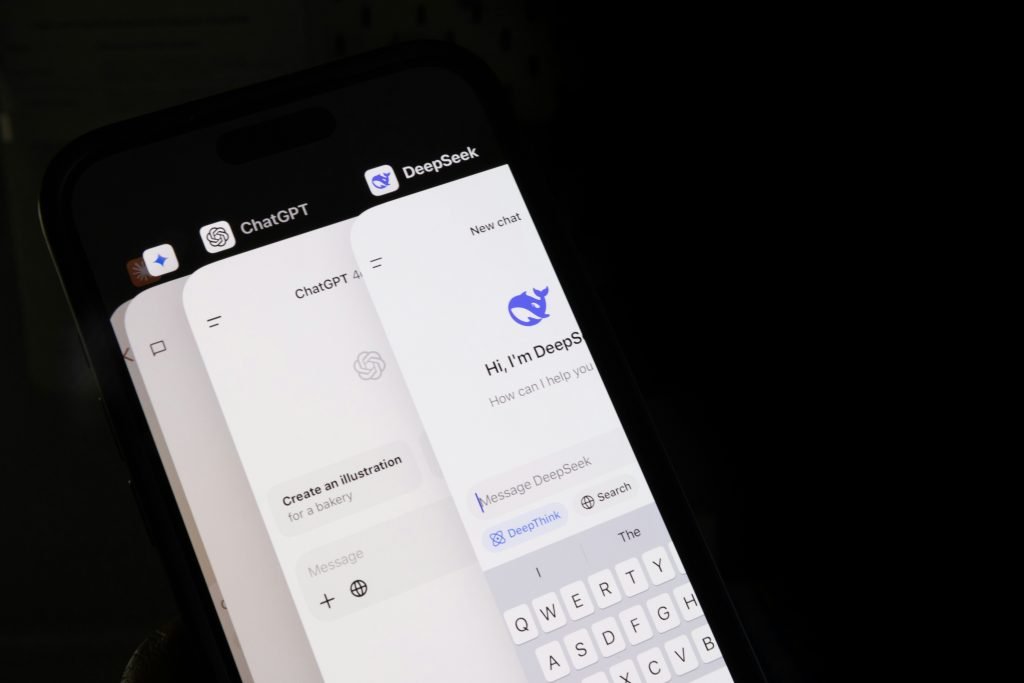- An indie Android app was mistakenly flagged as malware.
- Developer turned to their home country’s embassy for help.
Being an indie developer is often portrayed as a dream—a mix of freedom, creativity, and the satisfaction of building something from scratch. For one Android developer, it was all of that until disaster struck, as shared by a Reddit user, in r/androiddev.
After publishing their app a few years ago, the developer managed to turn it into a full-time livelihood. Life was comfortable—not luxurious, but fulfilling. That is, until a major Chinese phone manufacturer mistakenly flagged their app as malware. The accusation? That it was stealing payment information and leaking data. The impacts were quick and severe.
Every time a user opened the app, a warning popped up, pushing them to uninstall it. And they did— by their thousands, every day. The developer, astonished and helpless, saw their user base disappear, one negative review at a time. In just eight days, over 30,000 users were gone, and their app’s reputation lay in ruins.
The risks of centralised power in app distribution
The developer’s ordeal highlights a growing concern in the tech world: the risks posed by centralised app store ecosystems. When a single manufacturer or app store decides to flag an app as dangerous, justly or not, the consequences can be devastating. For indie developers, who frequently rely on app stores as their primary distribution channels, the lack of transparency and accountability can feel like navigating a minefield.
In this case, the decision to label the app as malware was not based on credible proof, and resulted in an immediate and global user exodus. Worse, there was no direct communication nor opportunity for the developer to address the issue quickly. Such unilateral actions by powerful corporations leave developers vulnerable, even when they’ve done everything right.
The incident underscores the potential effects of a single decision—whether due to error or oversight—that can devastate a developer’s livelihood. For indie developers, these platforms are essential yet precarious, offering access to global audiences while exposing them to unilateral actions with little recourse. The inherent imbalance of power raises pressing questions about the need for greater accountability and transparency from app distribution system owners. Until meaningful reforms are introduced, developers must remain vigilant, leveraging every tool and support system available to navigate their challenges with the providers oversight, or lack of judgement.
The search for help
Faced with what to most would be an overwhelming challenge, the developer sprang into action. They used every feasible route to contact the phone manufacturer and app store owner, including emails to security and developer support teams, phone calls to local service centres, and social media posts. But the silence from the firm was deafening. Days passed without a fix, and the app kept losing users.
At their wits’ end, the developer sought advice from their own country’s chamber of commerce. Despite their lack of experience dealing with technology-specific crises, the staff working there suggested an unexpected solution: contact the chamber of commerce’s counterpart in Beijing. What appeared to be a wild guess turned out to be a lifeline.
Unbeknownst to the developer, they had essentially contacted their country’s embassy and got an immediate response. In hours, the embassy’s local consul emailed the manufacturer and even personally called the company’s vice president. The result was the warning label removed from the app store listing, and user losses stopped almost instantly.
The aftermath
Although the immediate crisis was resolved, the scars remained. The app’s review area continues to be filled with accusations of being a virus, tarnishing its reputation. Worse, the manufacturer didn’t reach out to acknowledge nor explain their conduct. Although the developer considered pursuing damages, they ultimately decided against the near-impossible task of dealing with such a large, globally recognised company.
Despite the hardship, the developer emerged with a new point of view. They were impressed by their country’s representatives’ unwavering support for a small company. For other indie developers, they offered this advice:
“Even when you do everything right, bad things will happen. So be persistent, explore every option, and ask for help wherever you can. If you ever find yourself being treated unfairly by large corporations, reach out to involve local authorities or business organisations. Even as a small business, you’re a valuable part of your country’s economy, and they will stand with you,” the Reddit user shared.
Lessons learned
The experience was a stark reminder that being an indie developer isn’t just about building apps—it’s about resilience. Challenges may arise, often from unexpected places, but persistence will pay off. There is always a way forward, whether it’s through tapping into old-school resources like a country’s embassy or leveraging community support.
And for those wondering if life as an indie developer might be too mundane, this developer’s parting thought is loud and clear:
“Is your life too boring? Become an indie developer!”
Looking to revamp your digital transformation strategy? Learn more about Digital Transformation Week taking place in Amsterdam, California, and London. The comprehensive event is co-located with IoT Tech Expo, AI & Big Data Expo, Cyber Security & Cloud Expo, and other leading events.
Explore other upcoming enterprise technology events and webinars powered by TechForge here.








